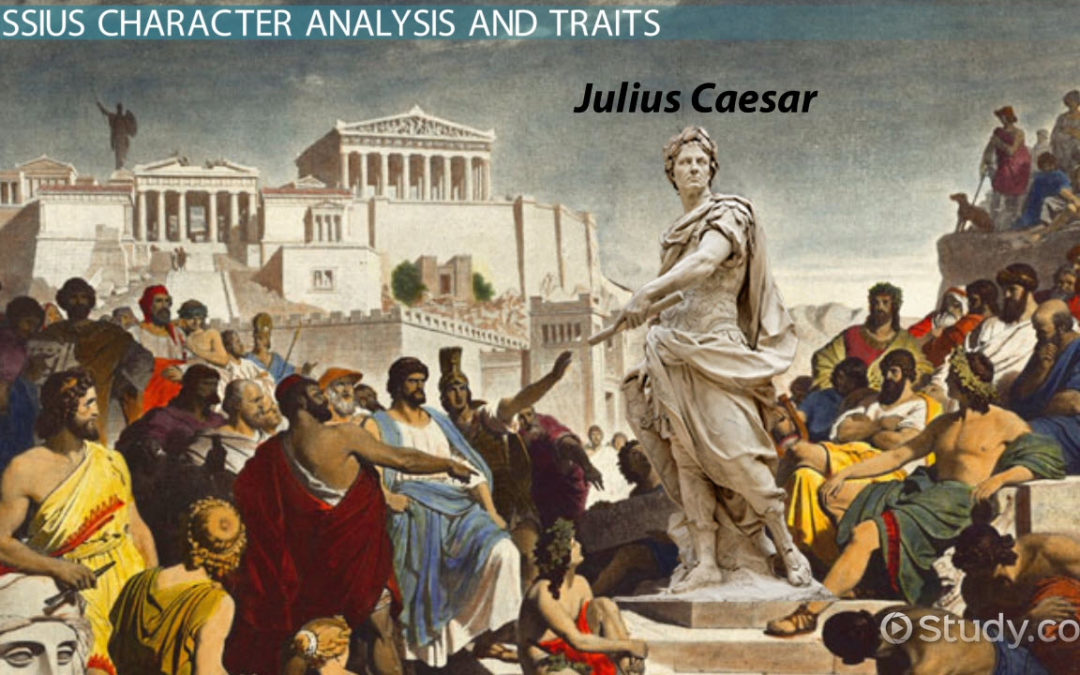In my previous posts, I published Plot Studies #1 as a comedy, and #2 as a musical, both based on our current politics. Is plot study number #3 a tragedy or a puppet show? You decide.
The time and place: Let’s see if our current political environment could be written as a Shakespeare tragedy, say like Julius Caesar (performed somewhere other than in Central Park)? Let’s say that the government of Rome has evolved from a republic to a democracy and on to an oligarchy and that Caesar’s friends and family are running the empire.
The Cast of Characters: A group of historians and law professors and their students and lots of well-meaning myopic liberals who want the republic back (The rule of law) but are too disorganized and apolitical to be effective in advocating for their position. Just for fun let’s call them the Democratic Party.
A Group of all the richest Romans, led by Julius Caesar, who is one of them, but is controlled by this group who want to always increase their power and pay less, or perhaps next to no taxes but receive all the benefits of being Romans (The oligarchy). Just for fun let’s call them Republicans.
And a huge mob, the “peanut crunching crowd,” that thinks with its stomach and votes in the bathroom (The democracy). They are fed by Caesar and his friends a form of pablum which includes facts, false facts, and huge amounts of fantasy, all mixed together and called “news.” They are, of course, constitutionally well armed so that they can kill us and each other. Just for fun let’s call them the advocates and lovers of our present democracy. (Isn’t this great, we start with a cast of millions.)
The plot: As the play starts, Caesar is being investigated by a special prosecutor which he can’t seem to figure out how to get rid of, so Caesar has decided to protect his control by creating constant conflict among the citizens of Rome to avoid unification against him and perhaps total power for him in the future in the event that the special prosecutor recommends his impeachment. (This is exciting – I’m already feeling tragic.)
The way to do this is to pit the well-meaning myopic liberals against the peanut crunching crowd on the issue of race and immigration and to build a wall all around the empire to keep immigrants out to make sure the myopic liberals keep his base polarized and well armed for him. (It’s getting great – it’s all starting to go to hell!) The well intended myopic liberals are so blind and morally correct that they can’t realize that they are playing perfectly into Caesar’s hands. (Yes! Yes! There is a lump in my throat and I’m starting to well up with tears.)
Caesar is building up his army by feeding his followers the pablum as fast as he can so that they will be as angry as possible and loaded down with weapons if the special prosecutor recommends impeachment. (Wow, this is so good! It feels authentic – it’s almost like real life! But how is it going to end? How is it going to end?)
So back to the question: Is this a tragedy or a puppet show? I think that is determined by how it ends. If Caesar prevails with his plans, he can cut Obamacare and reduce taxes because it can be produced with only two characters. Caesar with his right hand on the constitution and his left hand making a single string puppet (which is holding the eye glasses of the liberals as it trails peanut shells) dance! But if we follow the Shakespearean example of Julius Cesar, it is a tragedy of greater proportion because in the second half of the play the Roman empire is divided among the lesser oligarchs. Let’s call it forever polarized by ignorance.
Maybe if Cesar doesn’t divide us and we took action together, all of us, we could write a happier play and call it maybe: “All’s Well that Ends Well.” It’s not too late.
This is another entry in my series of plot studies. Here’s the previous one. And the next.

